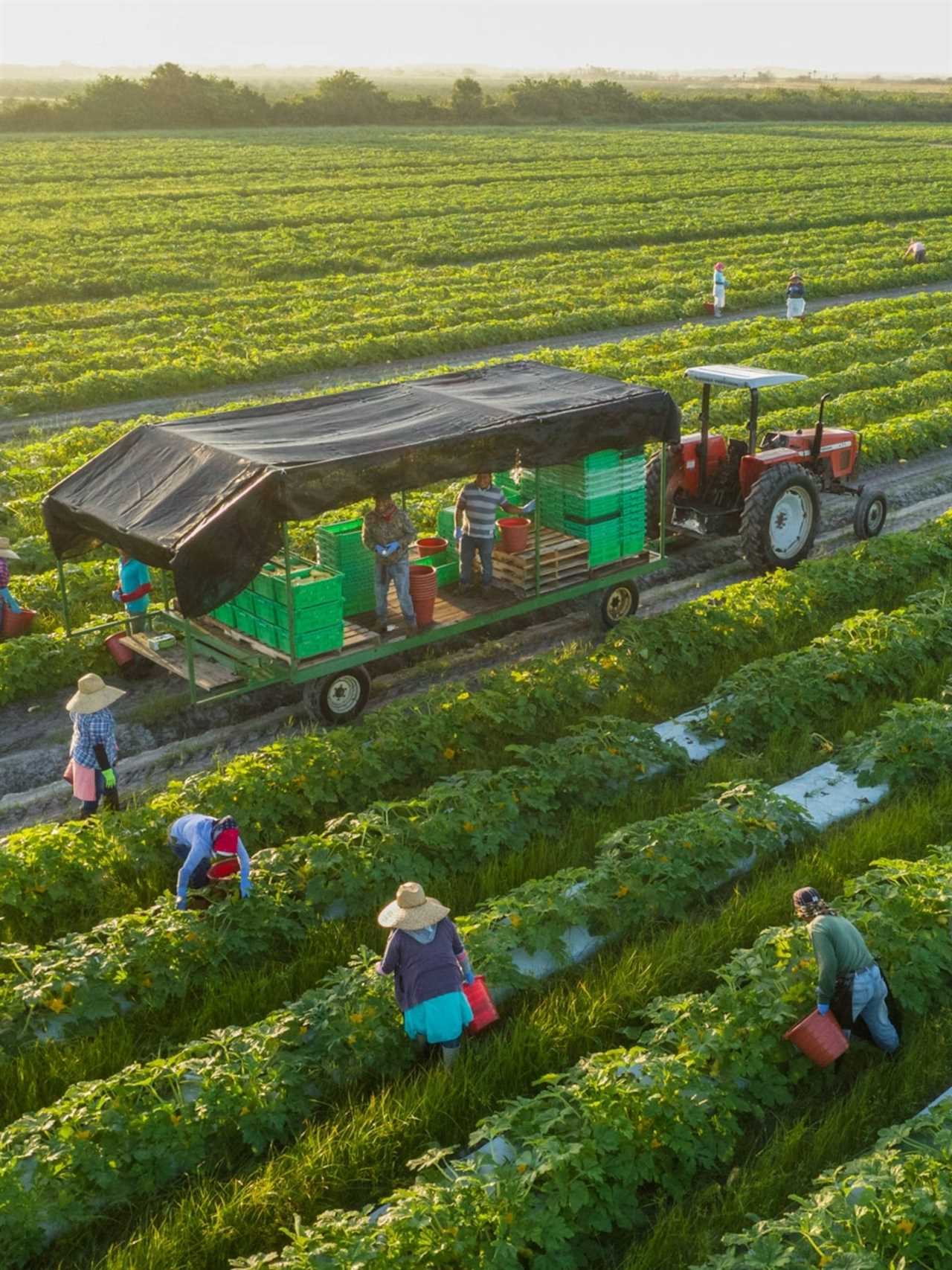
If you're shopping for food in the grocery store, it's important to understand the difference between organic and conventional farming methods. These farming styles have different consequences for the environment and people.
Organic farming focuses on using natural processes and biodiversity to produce food. It also reduces pollution, conserves and builds soil health, replenishes natural ecosystems for cleaner water and air, and avoids the use of synthetic pesticides and fertilizers.
What is Organic Farming?
Organic farming is a type of agriculture that uses natural methods to grow food and livestock. It uses methods to preserve soil, water and biodiversity and supports animal health and welfare.
It also does not use synthetic fertilizers, pesticides, genetically modified foods or irradiation. These are all things that can affect human health, and organic farmers work hard to keep them out of the food they grow.
In the United States, USDA standards require farmers to meet a range of requirements for creating and maintaining an organic agricultural system. These include preserving natural resources and biodiversity, supporting animal health and welfare, using only approved materials, and passing regular onsite inspections.
Conventional farms, on the other hand, use mono-cropping and high levels of chemical fertilizers to increase yields. This can cause soil erosion, damage to watersheds and contaminate our water supplies. Moreover, conventional livestock are often fed antibiotics. These can be harmful to both humans and animals.
What is the Difference Between Organic and Conventional Farming?
The difference between organic and conventional farming methods lies in the way that farmers grow their crops. Conventional farms rely on synthetic fertilizers and pesticides to help their crops grow.
The organic method relies on nutrient-rich compost, animal manure and other natural inputs to boost the soil's fertility. These materials also promote a more natural way of weed and pest control.
Another key advantage of organic agriculture is its focus on biodiversity and environmental sustainability. This approach reduces the need for agrochemicals and helps preserve the ecosystem, ensuring the long-term health of the planet.
Aside from this, organic farmers also make use of natural soil enhancement techniques that allow for greater crop yields without introducing chemicals. These methods include rotational cropping, planting cover crops and using natural pest control strategies.
How Does Organic Farming Affect Me?
Organic farming methods avoid the use of synthetic chemicals, including fertilizers and pesticides. Instead, farmers rely on natural, site-specific management practices such as cover crops, green manures and composted animal manures to increase soil fertility and support biological activity.
In addition, these practices help to promote healthy soils, which are more resilient to drought, floods and other climate stressors. They also boost crop yields and improve water percolation by 15-20%, according to a study from the USDA.
Additionally, organic farming helps to preserve more natural habitat areas for birds, insects and other critters. It also reduces humans’ use of harmful chemicals that can wash into our water supply.
How Can Understanding the Difference Between Organic and Conventional Farming Help Me Make Informed Choices About the Food I Eat?
If you’re looking to make healthy choices about the foods you eat, understanding the difference between organic and conventional farming methods can help you. By understanding how the food you buy is grown, processed and handled, you can avoid consuming unhealthy ingredients that might make you sick.
The term organic refers to food that has been produced without the use of synthetic pesticides, fertilizers and other chemicals. Similarly, animal products that are labeled as organic must come from animals that have not been treated with hormones and antibiotics.
Many people choose to eat organic because they are concerned about the impact of chemical pesticides on their health. They also believe that the chemicals in conventionally farmed foods may have adverse effects on children.
Frequently Asked Questions
What are the advantages of organic farming?
Organic farming provides farmers with a way of producing food without using chemicals. The farmers don't have to worry about pesticides causing harm to their crops and animals.
Organic farming can also use natural fertilizers. These fertilizers help to grow healthy plants and help to reduce the amount of chemical waste produced.
Organic farming is also beneficial for the environment. Farmers often use composting techniques to recycle nutrients back into the soil. This reduces pollution and preserves valuable resources.
Organic farming is good for the environment and increases crop yields. This is because organic agriculture uses less water in the growing season.
Organic farming methods can also result in higher prices for farmers' produce. Healthier foods are demanded by consumers who are more aware of the dangers posed by pesticides and chemical fertilisers.
This leads to a greater demand for organic food products. For these reasons, organic farming is becoming increasingly popular.
Is organic produce healthy?
There are two types. One is those that we grow ourselves, and the other is those that we buy from someone else. Of course, there are exceptions to both categories, but for the most part, the answer to your question is yes. Organic food is safer because it does not contain any harmful chemicals.
There are many supermarkets that sell organic food across North America and Europe. Many grocery stores now sell organic food. This makes it easier for customers to select organic products.
Organic food has higher levels vitamins, minerals and antioxidants which makes it more delicious and nutritious. Organics are often grown without pesticides and synthetic fertilizers. This means that they do not pollute the soil and water sources.
The USDA regulates organic farming practices. It requires that farmers follow strict guidelines in order to ensure organic produce is safe for consumption. There are over 30 million acres of US organic farmland.
As an added benefit, organic food is often much cheaper than conventional food. Customers pay less for the same amount in calories, protein and nutrients. Organic farms can charge less for their crop because they aren’t required to buy expensive chemical inputs.
According to Environmental Working Group, organic food can be 10 percent cheaper per pound when compared to conventionally produced food. If you care about the health of yourself and your family, consider switching to organic food.
Organic food is becoming a popular option to the standard American diet. It is often believed that organic food is exclusive to specialty markets and gourmet restaurants. Organic food is readily available at regular grocery stores all across the United States.
The sales of organic food have increased dramatically in recent years. In 2012, the US market value for organic food was $43 Billion. This is an increase of $21 Billion from 2007.
Which are the best organic vegetables?
Organic vegetables are the highest quality and healthiest food source. They are among the most nutritious foods on Earth.
Organic produce is organically grown without pesticides. These chemicals pose grave risks for our health and the environment.
Organic produce contains more nutrients, vitamins and minerals. This makes them healthier because we absorb these nutrients better when eating organics.
Organic vegetables taste delicious and are safe for you to eat. Organic produce is free from known side effects.
Every grocery store will carry organic fruit and vegetables. You can find organic fruits and vegetables at all grocery stores as long as they conform to USDA guidelines.
Does organic mean it is pesticide-free?
Organic food is free from pesticides and chemical fertilizers. This means that organic food is not exposed to pesticides or fertilizers.
Because organic produce does not contain harmful additives it has more nutrients that conventionally produced foods.
The USDA National Organic Program (NOP), requires that farmers follow strict guidelines when growing organic crops.
These guidelines cover soil preparation, crop rotation and pest control. They also include water conservation and harvesting techniques.
Organic farming also promotes healthy ecosystems which are beneficial to wildlife and natural habitats.
What are organic products that can be used on the skin?
Organic skincare products contain no synthetic chemicals, including parabens. Phthalates, mineral oil. Petroleum jelly. Propylene glycol. sodium lauryl.sulphate. Talc. triclosan. Titanium dioxide. triethanolamine. vitamin A palmitate.
Organic skincare products can be free of artificial colours and fragrances as well as preservatives, emulsifiers GMOs, Petrochemicals, animal testing (except for cosmetics tested on animals), pesticides hormones, antibiotics, heavy metallics and other contaminants.
They also have the ability to support healthy skin, prevent premature ageing, promote healing after injuries and overall well-being.
These are some of the terms that you will see when you shop for organic products
- Paraben Free – These chemicals are used to preserve certain cosmetic products, but can cause serious health problems if taken in large amounts.
- Fragrance-Free – The product does not contain essential oils or perfumes.
- Cruelty-Free: No animals were hurt during manufacturing.
- Natural Ingredients - the ingredient is naturally derived from the plant or animal.
- Vegan/Vegetarian: The ingredients can be either vegetarian or vegan.
- Gluten-Free is a label that indicates that no gluten was added to the product.
- Non-Toxic -- The product doesn’t contain toxic substances, carcinogens, harmful compounds, or any other dangerous chemicals that could pose a threat to your health.
- Biodegradable product - when thrown out, the product will disintegrate into harmless components.
- Pesticide-Free - No pesticides have been used in the growing and harvesting process.
- GMO-Free refers to the fact that no ingredients in the product contain genetically modified organisms.
- Certified Organic means that all of the ingredients in the formula were grown using methods that protect the soil, water, air, wildlife, and farmers.
What are some things I should look out for when purchasing organic goods?
USDA-certified organic label are desirable. This certifies that the product has met certain standards set by USDA. Look for the "USDA Organic" seal on packages, boxes, cartons, cans, and jars.
When buying meat, make sure it is from organically fed cows. Ruminants are cattle that chew their cud. Ruminant cattle have four stomach areas: rumen (reticulum), omasum (omasum), and abomasum. To be labeled '100% organic, all animal parts must be organically nourished.
Make sure you only buy chicken from chicken farms that are fed organically and have never been given antibiotics. Omnivore chickens can eat both plants as well as animals. Omnivorous chickens have a digestive system that includes a crop (proventriculus), gizzard and small intestine.
You should ensure you only buy dairy products made from milk that has been produced by cows who have been fed 100% organically grown food. Like ruminants and dairy cows, they have four stomach compartments. The fourth stomach compartment is the udder.
You should always check the label before purchasing any other livestock. This will let you know what percentage of the diet was given to the animals. Pork may be labeled "95% Organic" which means that 95 percent of its feed was organic.
Why is organic food so important?
For our health, organic produce is crucial. It's the best way to ensure we eat nutritious foods. It's not only better for us but also it's more sustainable as it doesn't rely upon pesticides and fertilers.
Organic farming uses natural methods of cultivating crops that are free from harmful chemicals. This makes organic farming safer for both humans and animals. You are helping the planet and yourself by choosing organic food.
The benefits of organic food go beyond our health, though. We all know how unhealthy processed foods can make us feel. Did you know that organic fruits and veggies aren't subject to chemical spray? That means that they taste fresher, look brighter and last longer too.
Because of this, organic foods are so important. It's healthy for you and the planet.
Statistics
- According to a study performed by consumerreports.org, organic products, compared to non-organic products, ranged anywhere from 13 percent cheaper to 303 percent more expensive. (en.wikipedia.org)
- Once certified by the USDA, it can fall into one of four categories: "100 percent organic", "organic," "made with organic ingredients," or "made with less than 70 percent organic ingredients. (en.wikipedia.org)
- Brands participating in this challenge are committed to using 100 percent sustainable cotton by 2025.[5] (en.wikipedia.org)
- Cosmetic brands such as Laurel and Rose Mira are 100 percent organic and have a wide array of skincare products. (en.wikipedia.org)
External Links
ewg.org
- EWG's 2022 Shopper's Guide to Pesticides in Produce
- Clean Fifteen Conventional Produce (tm); With the Least Pesticides
doi.org
- Occupational Pesticide Exposures and Cancer risk: A Review: Journal of Toxicology and Environmental Health Part B Vol 15, No 4
- Genetically modified food: safety, risk and public concerns - a review - Journal of Food Science and Technology
ncbi.nlm.nih.gov
- PubMed: Evaluation of the micronutrient content of plant foods grown using conventional and organic agricultural methods.
- Comparison of the total ascorbic and phenolic acid contents of air-dried and freeze-dried marionberry, strawberry and corn grown using conventional, organic and sustainable agricultural practices – PubMed
ota.com
How To
Five Reasons to Purchase Organic Products
Organic foods do not use pesticides or synthetic fertilisers. They are free from genetically modified organisms and irradiated substances. Their production processes do not include sewage or industrial solvents. During the course of its growth cycle, the natural environment of the food is protected from contamination. It does not contain artificial preservatives or additives. There is no use of antibiotics or hormones. They are also made in conditions that maintain their nutritional value and freshness for longer times.
- Health benefits. Organic produce contains less chemicals than nonorganic. This means that it is less likely to cause allergies. It also means that you consume less toxic chemicals and carcinogens.
- Eco-friendliness. Organic produce is low in water consumption. Organic farms are often located far from areas with high levels of pollution because it takes so much energy for conventional agriculture to grow. This helps reduce pollution.
- Sustainability. Organic farming relies on soil fertility rather than chemical fertilizers; this results in healthier soils with higher levels of organic matter. Soil health improves when farmers rotate crops and leave land fallow periodically. Farm animals develop strong immune systems when they eat only grasses/grains raised without adding hormones or antibiotics.
- Taste. The taste of conventional fruits and veggies is often bland. This is because they are picked at the peak of ripeness. They then get shipped long distances to their destination. Organic produce is more rich and sweetened because it was harvested when it was still unripe.
- Nutrition. GMOs, BPA, and other harmful chemicals are often found in conventional processed foods. Avoid these harmful chemicals by eating whole foods, such as meat, eggs and fish, seeds, legumes, fruits, vegetables, herbs, and beans.
Resources:
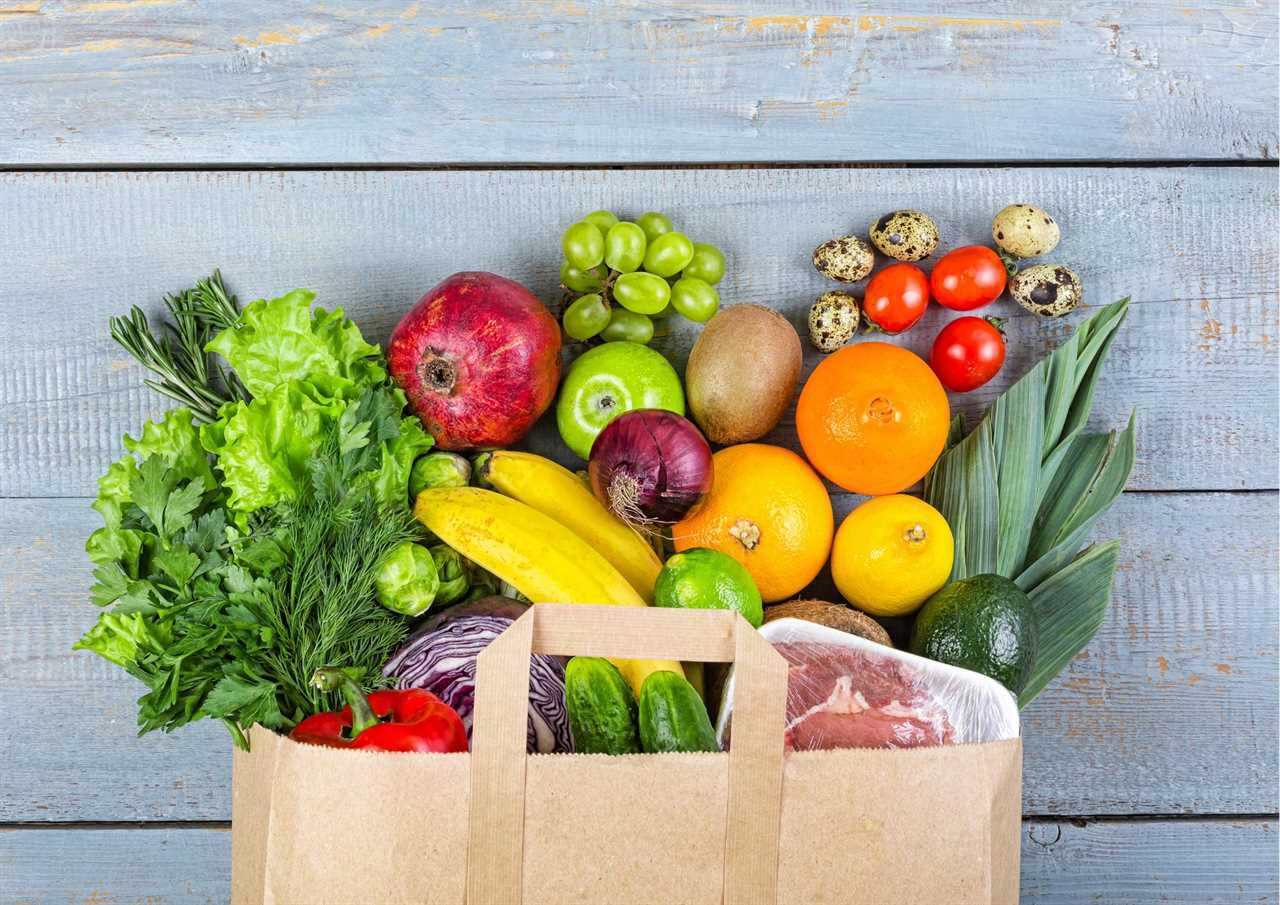 |
Health benefits of eating organic?A review in The Annals of Internal Medicine failed to find strong evidence that organic foods are significantly more nutritious than conventional foods. Lisa |
 |
The Benefits of Crop RotationCrop rotation is a way to grow multiple types of crops in the same space. This is done in an effort to diversify the ecosystem, reduce pest and weed.. |
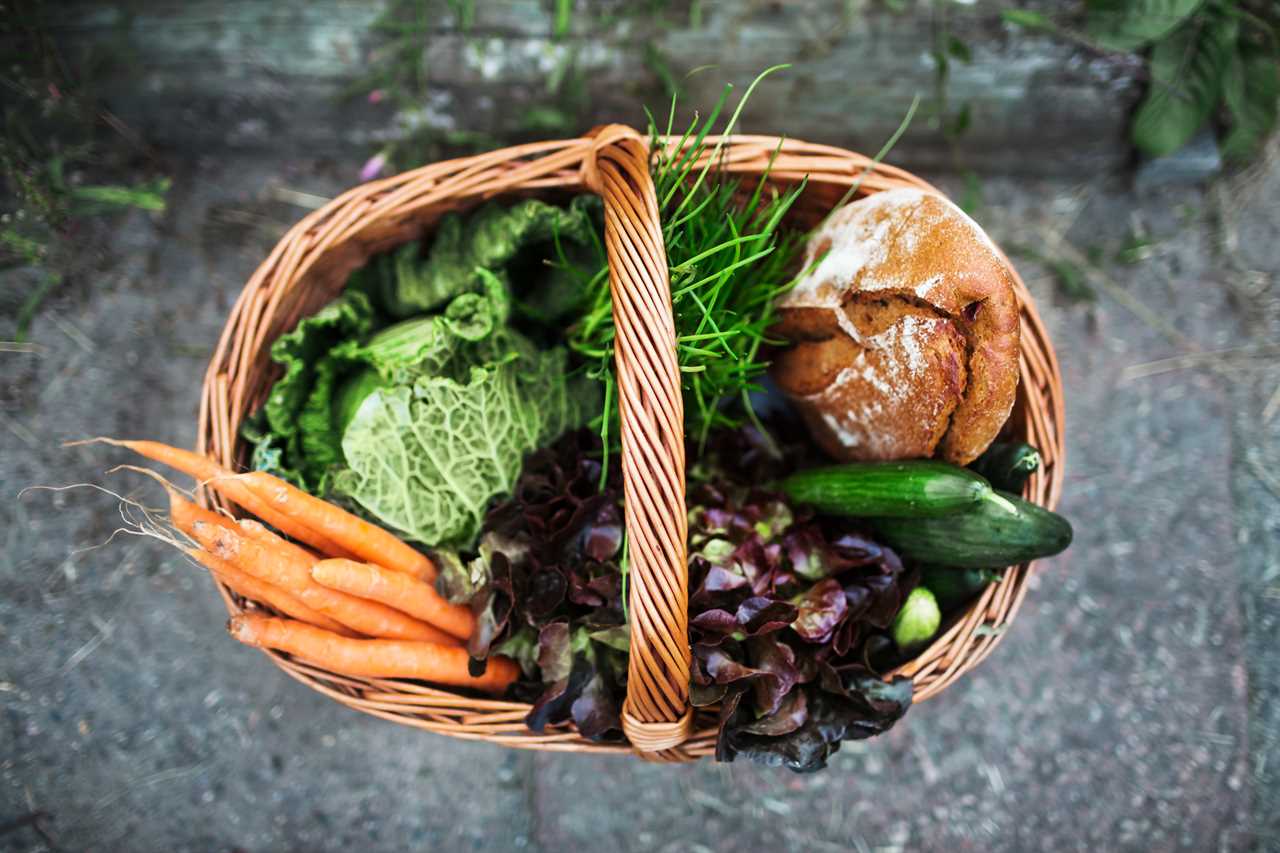 |
Do I Need To Eat 100 % Organic Food? – Dr. BergFor more info on health-related topics, go here: https://bit.ly/2YI8NLc Take Dr. Berg's Free Keto Mini-Course: http://pxlme.me/-i717vtY […] |
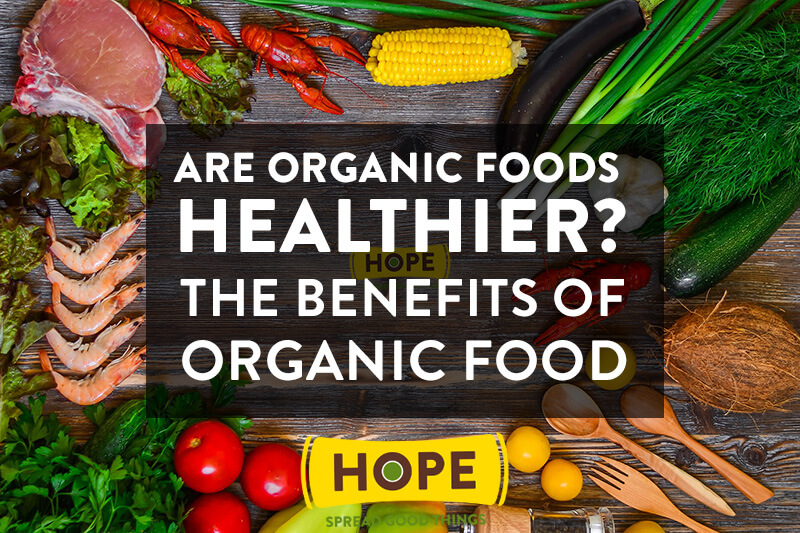 |
The Importance of Soil Conservation in Meeting the Sustainable Development GoalsSoil conservation is important for maintaining the soil's health and resilience. The microbial and faunal communities in the soil are impacted by.. |
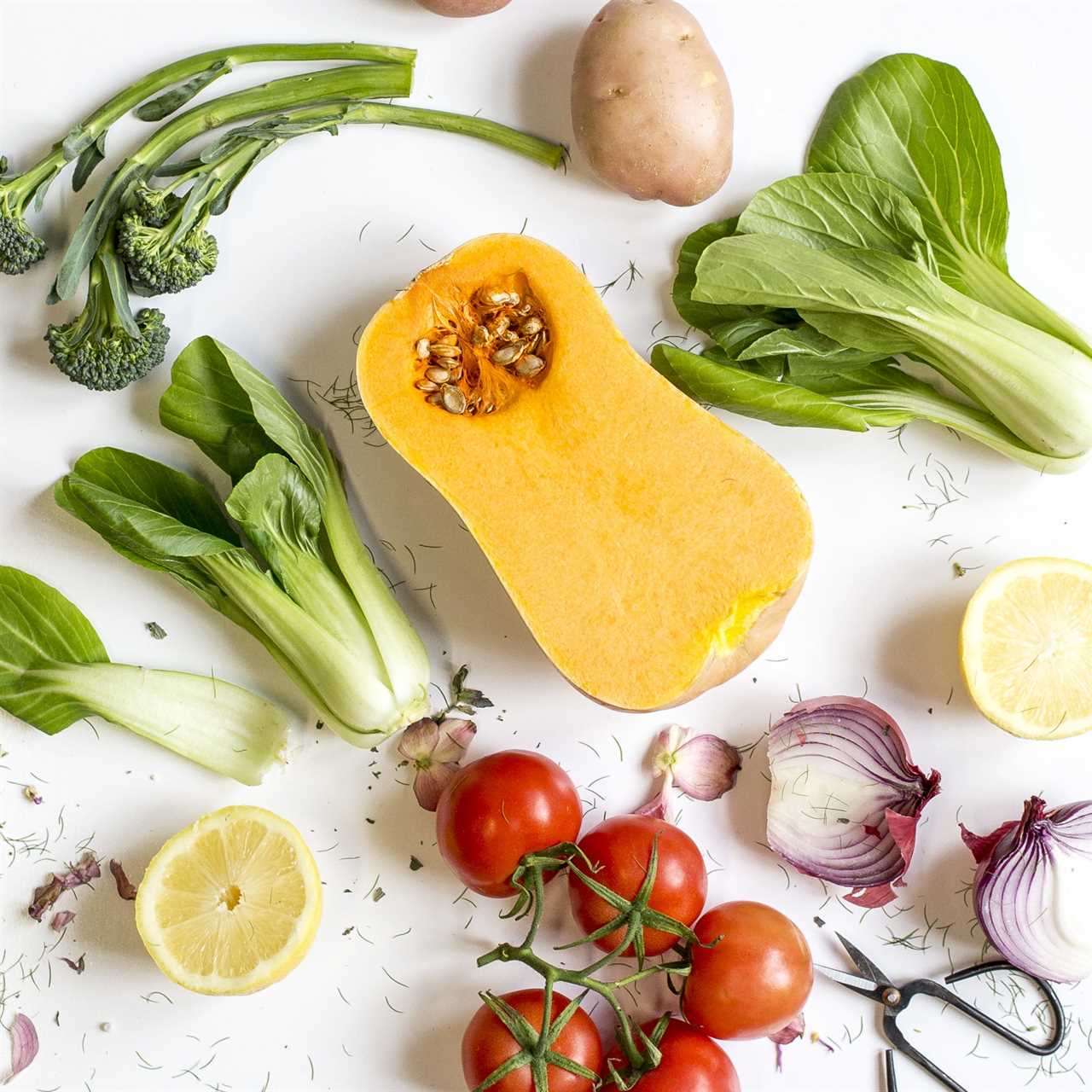 |
Benefits of Organic FarmingOrganic farming is one of the best ways to help protect the environment. It can also provide a number of benefits for your farm, including increased.. |
 |
Is `organic` food actually healthier for you?Dr. Marc talks about organic food. |
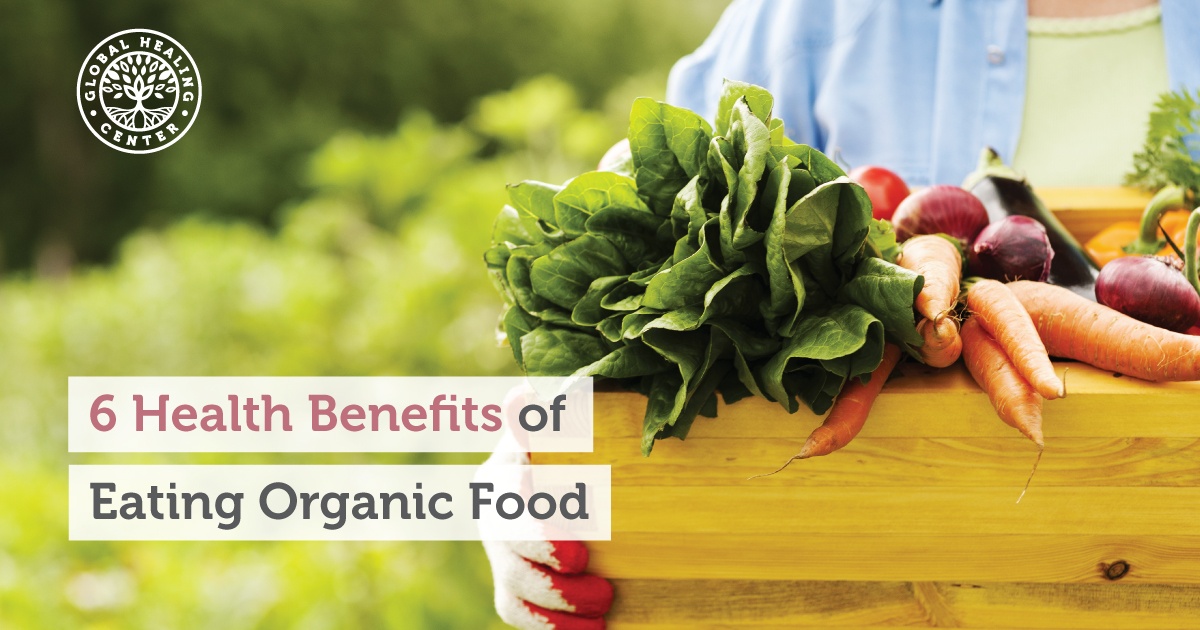 |
Organic Farming MagazineOrganic farming magazine is a resource that provides you with the latest information on organic agriculture, health, and sustainability. It also.. |
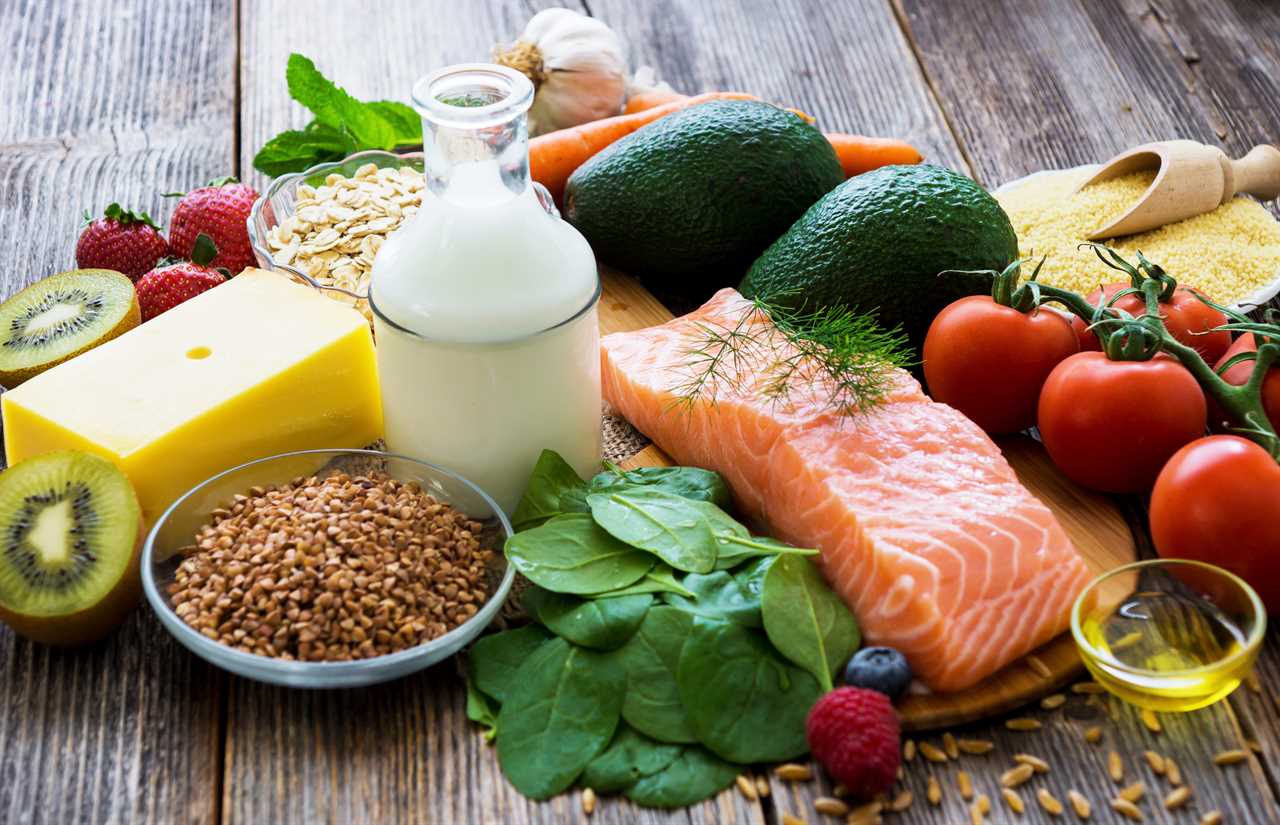 |
Is Organic Food Really Worth It?The organic food industry is a booming business. U.S. organic sales surged in 2020, jumping by 12.4% to $61.9 billion. With consumers being more health |
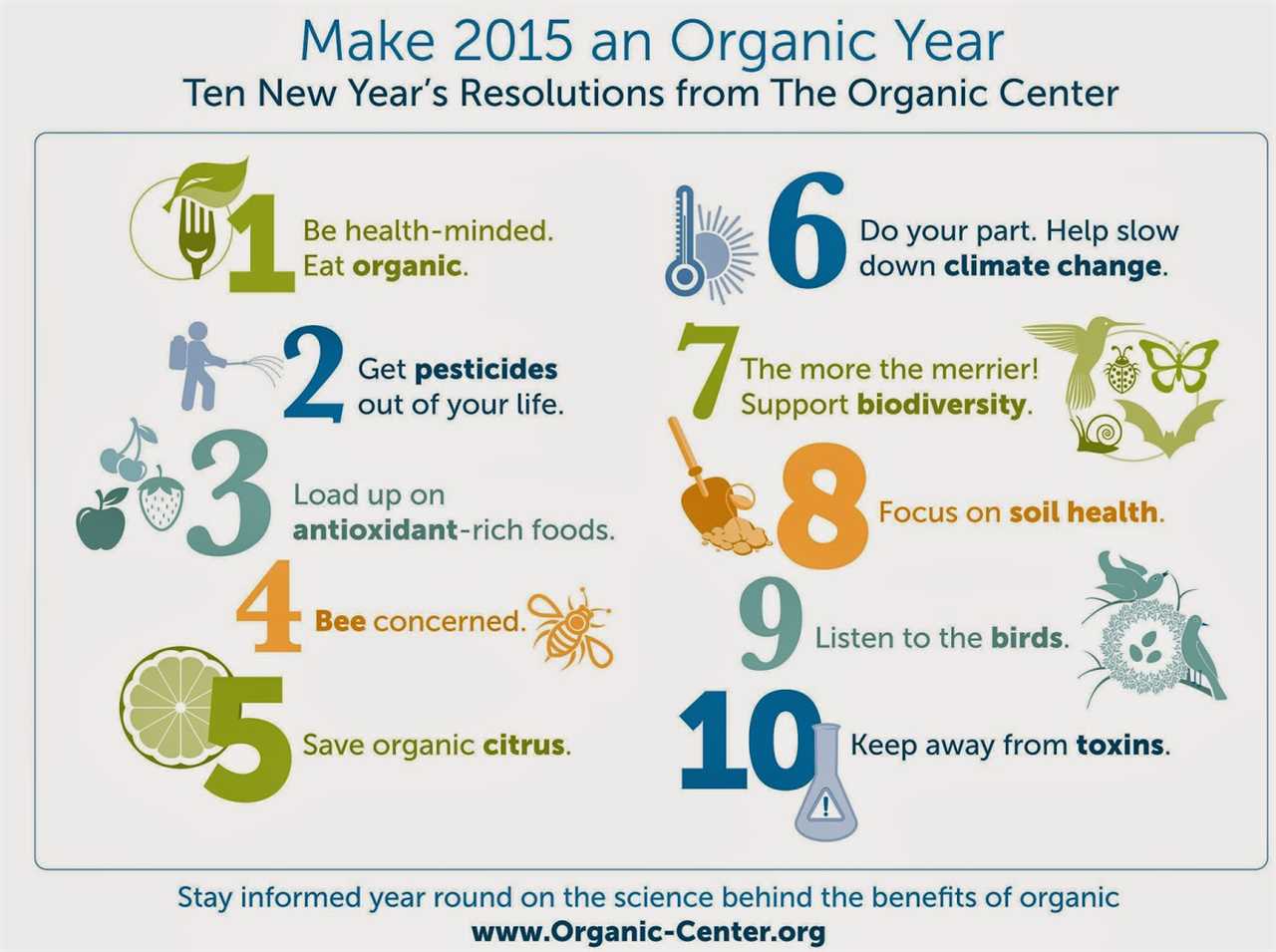 |
The Difference Between Organic Milk and Regular MilkOrganic milk is a type of milk that comes from livestock that is raised according to organic farming methods. This is a term that is regulated by.. |
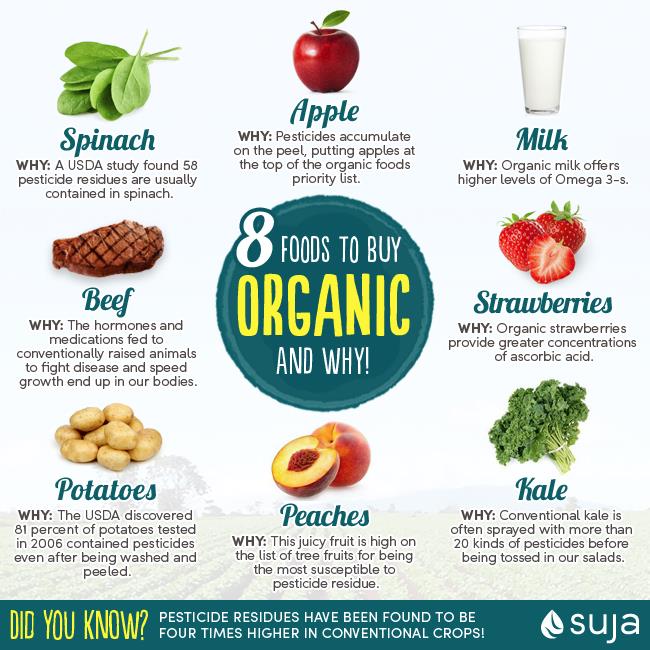 |
The Benefits of CompostingComposting your waste can be a very effective way of ensuring that your organic material is being broken down to the best of its ability. When.. |
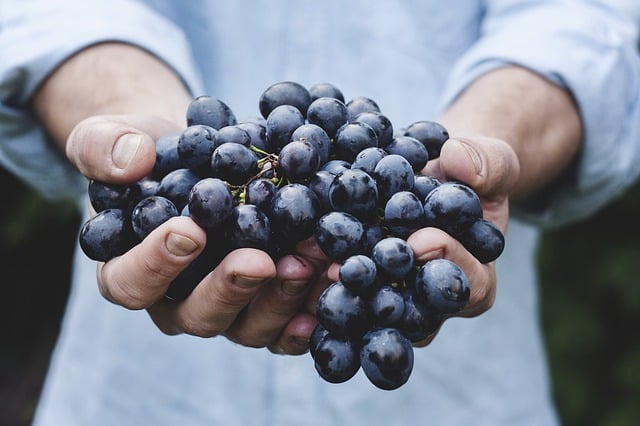 |
Is Organic Farming Beneficial to Biodiversity?Organic farming is a growing interest in the scientific community, and researchers have been investigating whether the practice is beneficial to.. |
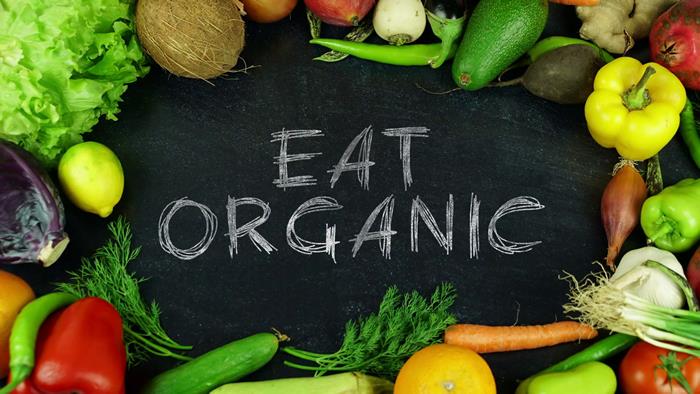 |
Organic eatingOrganic Cultur |
 |
What is Organic Cotton?Organic cotton is the type of cotton that is grown without using pesticides or chemicals. It is also the type of cotton that is grown in subtropical.. |
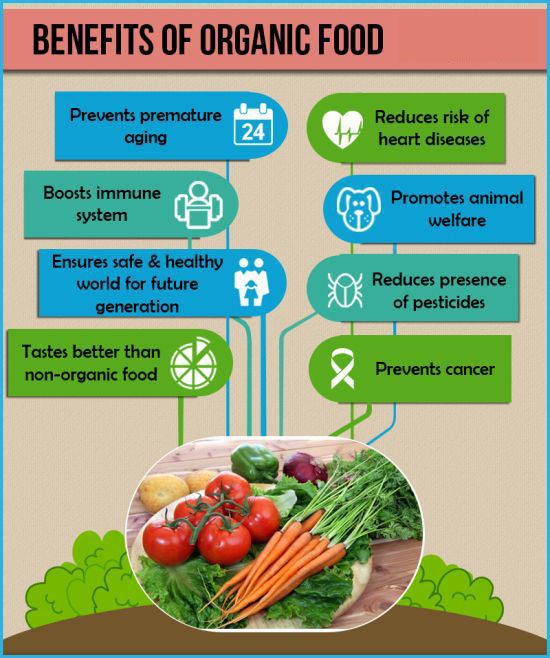 |
Benefits of Cover CropsIf you aren't familiar with cover crops, you may be surprised to learn that they are plants that are planted to grow on top of the soil to help.. |
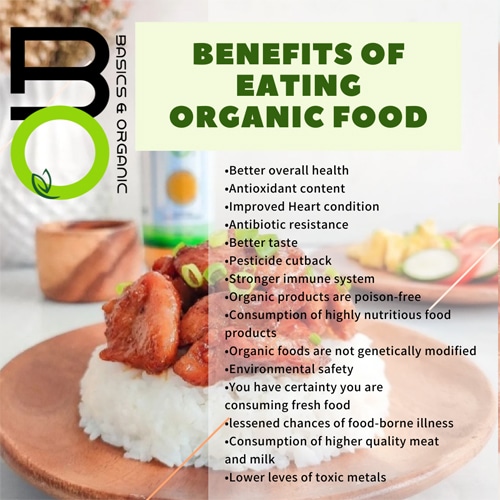 |
Learn How to Become an Organic Farmer Through a Training ProgramIf you are looking to become an organic farmer, there are several ways you can do so. One option is to take a training program that will teach you.. |
 |
Exotic VegetablesWhen it comes to vegetables, there are plenty of choices to choose from. Some of the most popular choices include broccoli, corn, carrots, and.. |
 |
The Benefits and Pitfalls of Organic Farming OrganizationsOrganic farming is an approach to farming that is not only ecologically sound, but also financially feasible. It is a method that is free from.. |
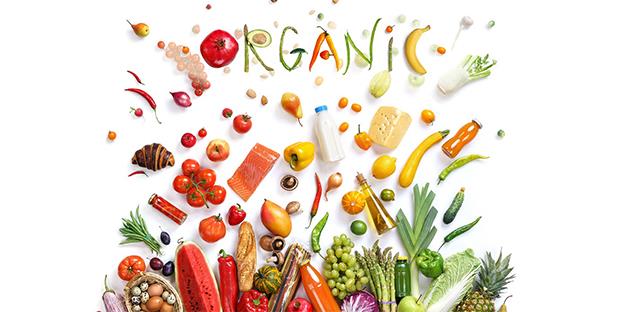 |
Soil Composition and BiodiversityThe soil that we have around us is a vital part of our lives. It is the home for many plants and animals. It also has a texture, a color, and many.. |
 |
Organic Farming PrinciplesOrganic farming is a practice that is designed to be sustainable and healthy. Its principles include avoiding harms produced by industrial farming.. |
 |
When Did Organic Food Start?The answer to the question when did organic food start? will vary depending on the time period in which you are looking at. For instance, it may be a |
 |
Can Organic Be GMO?The question Can organic be GMO is an ongoing debate among many consumers. While it's possible to eat foods that have been produced using genetic.. |
 |
Chhattisgarh's Organic Farming SchoolsThe government of Chhattisgarh has started to introduce organic farming schools. This initiative is intended to provide the young generation with the |
 |
What is a Conventional Farm?Conventional farm is the term used to describe a farm that is not organic. It is a form of agriculture that is associated with better soil quality,.. |
 |
The Rodale InstituteThe Rodale Institute is a nonprofit organization that aims to support research into organic farming. It was founded in 1947 by J. I. Rodale, an.. |
 |
The Latest Research on Organic | The Organic CenterResearched articles about eating Organic food |
 |
Korean GardeningKorean gardening is one of the oldest ways to grow plants. It involves planting herbs, fruits, and vegetables that are used in kimchi, a type of.. |
.png)





